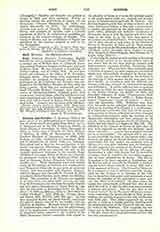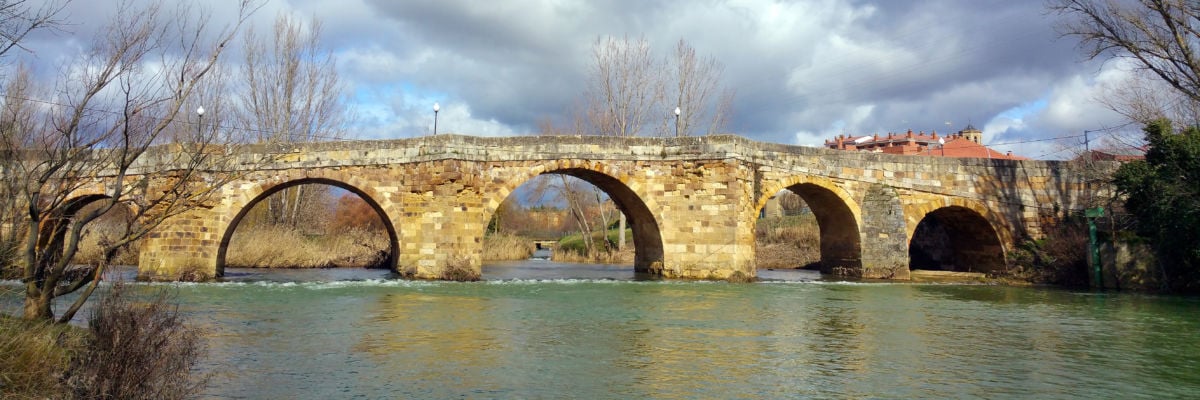

SCOT , WILLIAM MAURITS, VENERABLE, English Benedictine martyr, hanged at Tyburn, May 30, 1612; a younger son of William Scot of Chigwell, Essex, who married Prudence, daughter of Edmund Alabaster of Brett’s Hall. He was educated at Cambridge, at Trinity College, and at Trinity Hall. He was professed and ordained at the Abbey of St. Facundus, Sahagun,—Spain. After being twice imprisoned and banished, he returned to England, and after imprisonment in the Gatehouse and Newgate was condemned at the Old Bailey, Monday, May 25, 1612, for being a priest. With him was condemned and suffered Venerable Richard Newport; alias Smith, a native of Northamptonshire, ordained priest after seven years’ study at Rome, who also had been several times imprisoned and twice banished. An account of their trial will be found in Bishop Challoner’s work cited below. Newport was cut down while still alive.
JOHN B. WAINEWRIGHT


